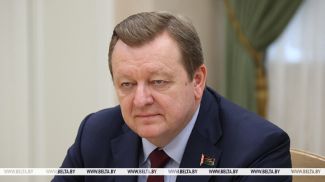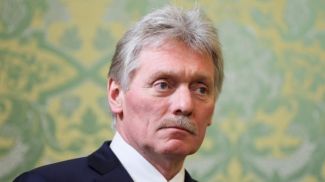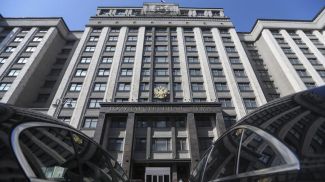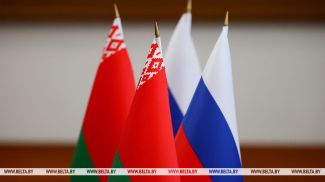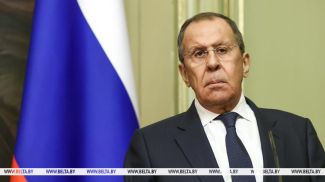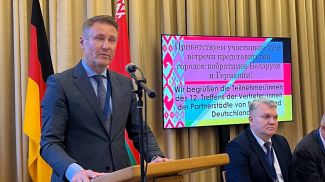MINSK, 28 May (BelTA) – Countries of the Commonwealth of Independent States have to step up industry-specific cooperation in order to overcome consequences of the pandemic. Prime Minister of Belarus Roman Golovchenko made the statement at a session of the CIS Heads of Government Council, BelTA has learned.
Roman Golovchenko said: “The pandemic has resulted in negative economic trends all over the world, including in our region. A number of the main economic indicators of the CIS states decreased in 2020, including the aggregate gross domestic product (97% as against 2019), fixed-capital investments (93.9%), import (91.8%), and export (81.7%). Experts already describe the current global crisis as the worst one since World War Two. But everyone knows that any crisis ends sooner or later with recovery and upturn. The question is how fast we can recover and at what pace we will start growing.”
The prime minister noted that a number of important decisions and documents had been passed recently. Those are primarily a CIS development concept and a strategy of the CIS economic development till 2030. “If we truly want to stay ahead instead of catching up, we have to radically revise approaches to our cooperation, abandon the practice of unconditional protectionism in favor of further development of trade, removal of existing restrictions, invigoration of multilateral ties, and enhancement of the cooperation potential. This is why it would be a good idea to encourage the CIS Executive Committee to considerably invigorate the work of industry-specific cooperation bodies. They should set the attitude and direction of further joint actions,” he said.
Roman Golovchenko also drew attention to one of the key ideas of Belarus' presidency over the Commonwealth of Independent States – the conjugation of integration processes in the Eurasian region. “Our cooperation in the Commonwealth of Independent States is based on the principle of different-level and different-speed integration. We would be glad to see more members in the Eurasian Economic Union. But we still have great prospects for expanding cooperation even without more members,” he said.




